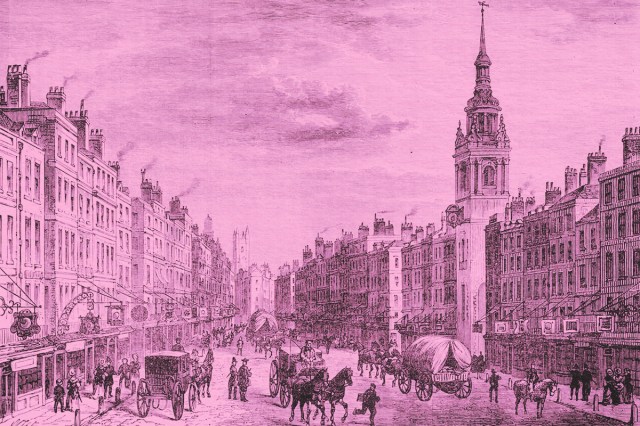
A lot has changed since 1824; back then, there were only 24 stars on the American flag, Beethoven had just debuted his Symphony No. 9, and people often spent their free time reading and gardening instead of watching “Love Island” and scrolling social media. But for all the differences, one thing has remained pretty stable over the past 200 years: how the English language sounds.
If you hopped in your hypothetical time machine, you might be shocked at how similar 200-year-old English sounds compared to now. By the 1820s, many English-speaking Americans had begun to drop the British accent that was more common in Colonial America during the 18th century, and American English was developing as distinct from the Queen’s English. (If you went back 400 years, Shakespearean English would be much more difficult to understand.) An 1824 person would likely have no difficulty communicating with someone today, and vice versa. There are a few minor differences, of course, but overall it would be simple to parse the meaning of a sentence.
Let’s look at a written passage from 1820, specifically the description of Ichabod Crane in Washington Irving’s The Legend of Sleepy Hollow:
While the vocabulary used by Irving sounds rather formal, the meaning of the overall passage should be clear to anyone with a basic understanding of the English language. Things may get a little murky in regard to 1820s slang, though. Just like any other time period, the decade had its unique phrases, such as “a boodle of people” (“a crowd”) and “making a Virginia fence” (“drunkenly stumbling about”). You may have a hard time deciphering these turns of phrase, much as someone back then would be confused by “sus” or “rizz.”















